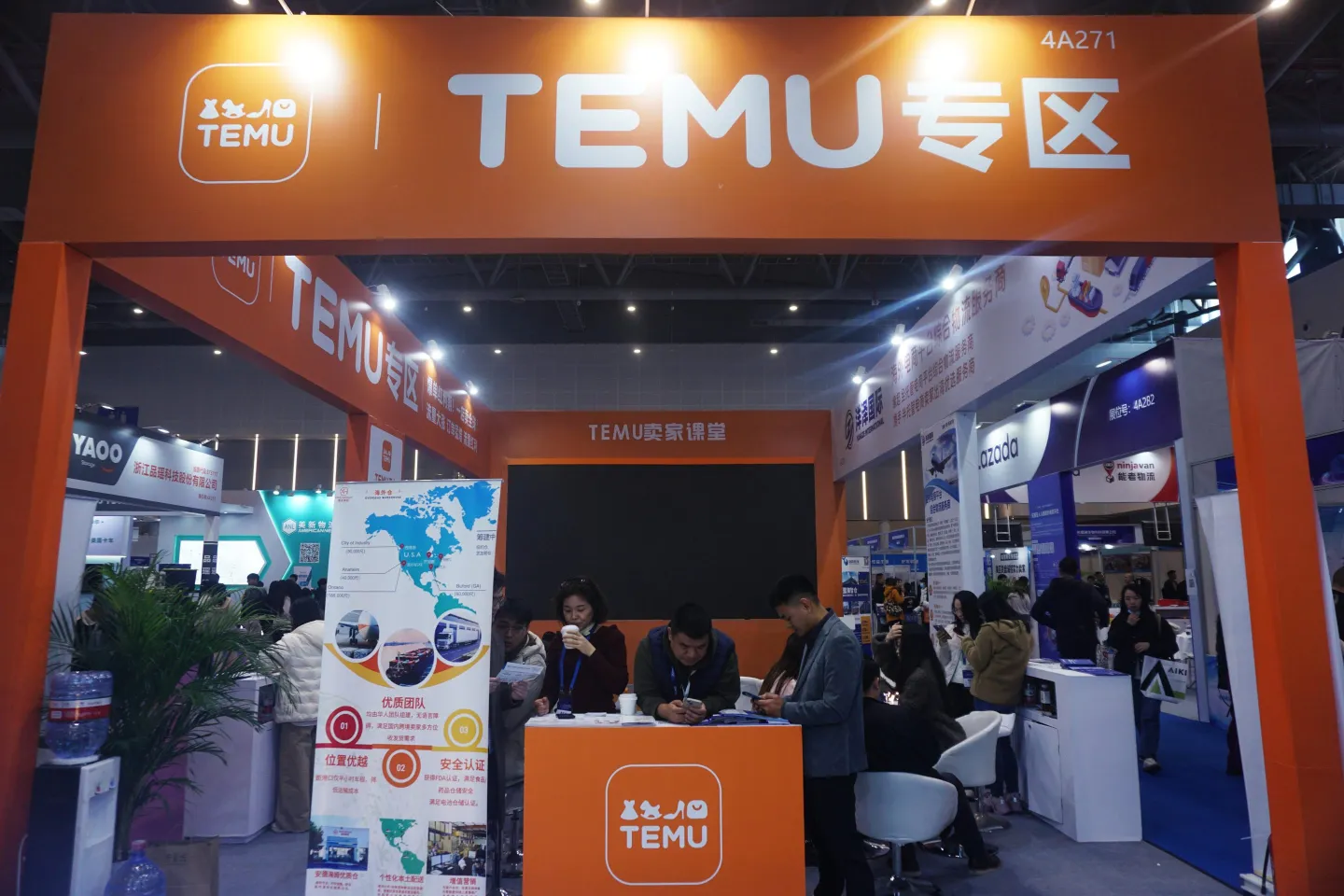Temu Ends Direct Shipments from China as U.S. Tariff Loophole Closes
Temu Ends Direct Shipments from China as U.S. Tariff Loophole Closes
By
Calder Monroe
Last updated:
May 3, 2025
First Published:
May 3, 2025

Fortune | Getty Images
Temu, the ultra-low-cost shopping app backed by Chinese tech firm PDD Holdings, has abruptly ceased shipping products directly from China to U.S. consumers. This dramatic shift follows the Trump administration's decision to eliminate the long-standing “de minimis” tariff exemption, which allowed goods under $800 in value to enter the U.S. duty-free.
As of Friday at 12:01 a.m. EDT, the loophole officially closed, accompanied by the introduction of steep 145% tariffs on certain imports from China. These sweeping policy changes are forcing major e-commerce players like Temu and Shein to reinvent their U.S. logistics strategies and rethink pricing structures entirely.
What Changed and Why It Matters
Temu’s platform, once flooded with direct-from-China listings offering $3 kitchen gadgets and $7 fashion items, now predominantly features goods from U.S.-based warehouses. Most China-sourced products are currently marked "out of stock." The pivot reflects Temu’s strategy to bypass newly imposed tariffs and remain competitive.
Just days before the new rules took effect, Temu began slapping on “import charges” of 130% to 150% for direct-from-China orders—fees that sometimes exceeded the cost of the items themselves. But now, the company says it has paused such listings entirely and is leaning on a growing network of U.S.-based sellers and warehouses to fulfill orders.
The End of the De Minimis Era
The de minimis provision, introduced in 2016, enabled Chinese merchants to flood the U.S. market with inexpensive goods without paying import duties—fueling the explosive growth of fast-fashion retailers and ultra-budget platforms like Temu. In 2023 alone, over 1 billion packages entered the U.S. under the rule, according to CBP (Customs and Border Protection) data.
The Trump administration, citing risks to American manufacturing and a rise in illicit imports like fentanyl, revoked the provision through an executive order signed in April 2025. The policy reversal is part of a broader campaign to reduce U.S. reliance on Chinese imports and clamp down on perceived trade abuses.
Temu’s Response: Price Adjustments and Local Fulfillment
In a statement to CNBC, Temu confirmed that all U.S. orders are now managed by local merchants and fulfilled “from within the country,” adding that pricing has been adjusted to reflect these changes. A spokesperson emphasized the company’s commitment to helping small American businesses grow:
“Temu has been actively recruiting U.S. sellers to join the platform. This move is designed to help local merchants reach more customers and grow their businesses.”
Temu now prominently displays banners such as “no import charges” and “no extra charges upon delivery” to reassure users and maintain trust during the transition.
Ripple Effects Across E-Commerce
The change doesn’t just impact Temu. Shein, another major Chinese fast-fashion player, also adjusted its pricing in response. The company recently added a checkout message assuring customers that “tariffs are included in the price you pay.”
Amazon, which had previously explored leveraging de minimis for its Haul program (targeting products under $20 shipped from China), has abandoned that strategy following talks with the White House. Many Amazon third-party sellers rely on Chinese factories for sourcing, and the crackdown is expected to ripple across the platform’s global supply chain.
Bigger Picture: National Security and Domestic Industry
Critics of the de minimis rule argue that it gave Chinese sellers an unfair advantage, hurting domestic manufacturers and undermining regulatory control. Lawmakers and trade analysts have also raised concerns about customs enforcement, noting that low-value packages are less frequently inspected, allowing illegal goods to enter the country unchecked.
Meanwhile, proponents of the crackdown, including Trump administration officials, argue that the tighter rules will foster a healthier, more secure trade ecosystem and promote American competitiveness in retail and manufacturing.
Temu’s business model in the U.S. has been fundamentally reshaped. With rising tariffs and the end of duty-free privileges, the company is quickly transitioning to a more locally rooted approach. While consumers may see fewer ultra-low prices in the short term, the shift could signal a broader rebalancing in global e-commerce, with increased opportunities for American sellers and stricter scrutiny of foreign imports.
Temu's next challenge? Winning the trust of U.S. shoppers while adapting to a more regulated, high-cost environment—and staying ahead of rivals like Amazon and Shein in a rapidly changing market.
Popular articles
Subscribe to unlock premium content
Mass Exodus of Top Chinese Scientists from Boston and Silicon Valley as US Universities Lose Ground in Global Rankings

How to Truly Launch a Thriving T‑Shirt Business in 2025

Break Free From Phone Addiction — For Good

Mass Exodus of Top Chinese Scientists from Boston and Silicon Valley as US Universities Lose Ground in Global Rankings

How to Truly Launch a Thriving T‑Shirt Business in 2025

Mass Exodus of Top Chinese Scientists from Boston and Silicon Valley as US Universities Lose Ground in Global Rankings









